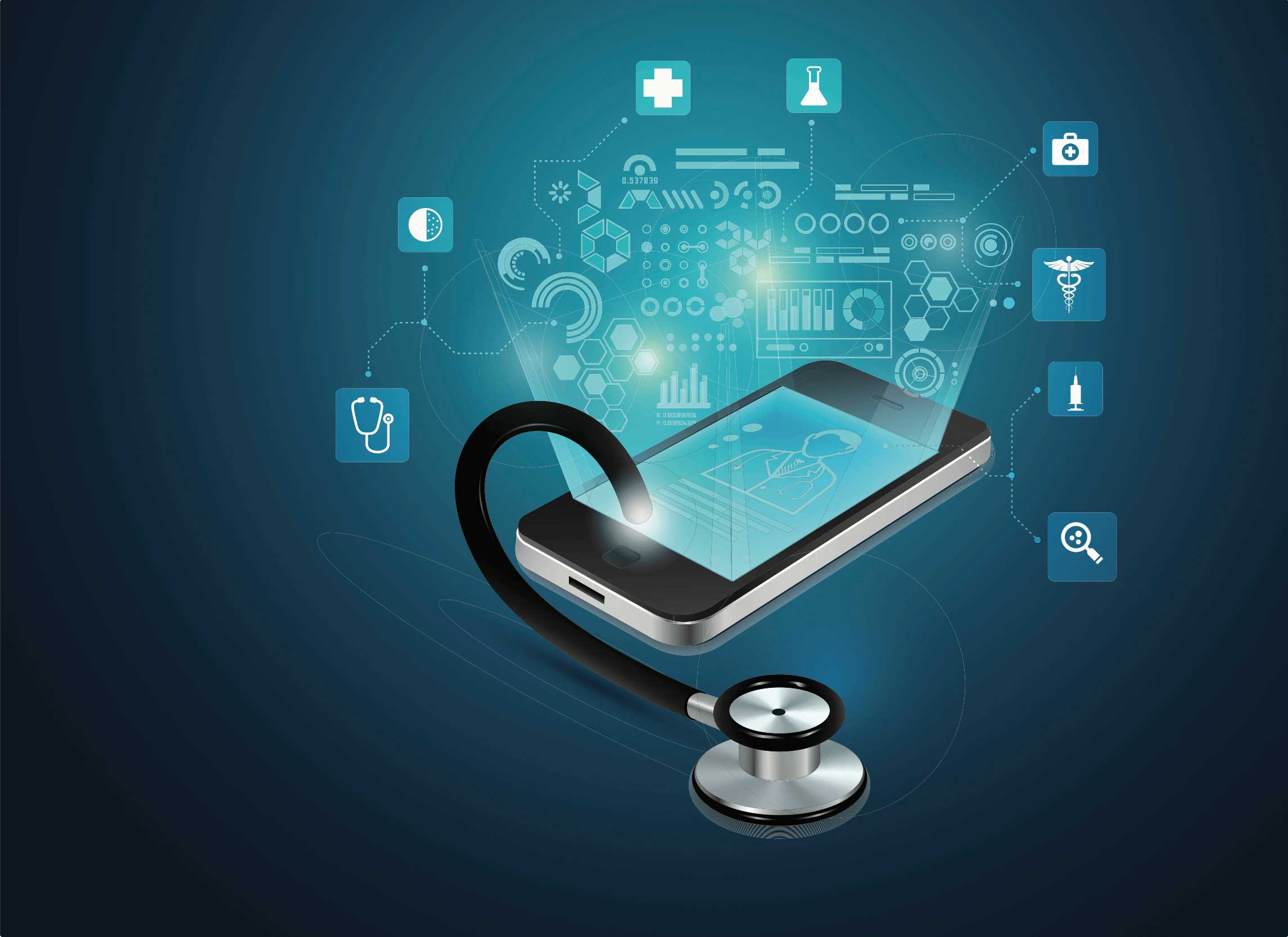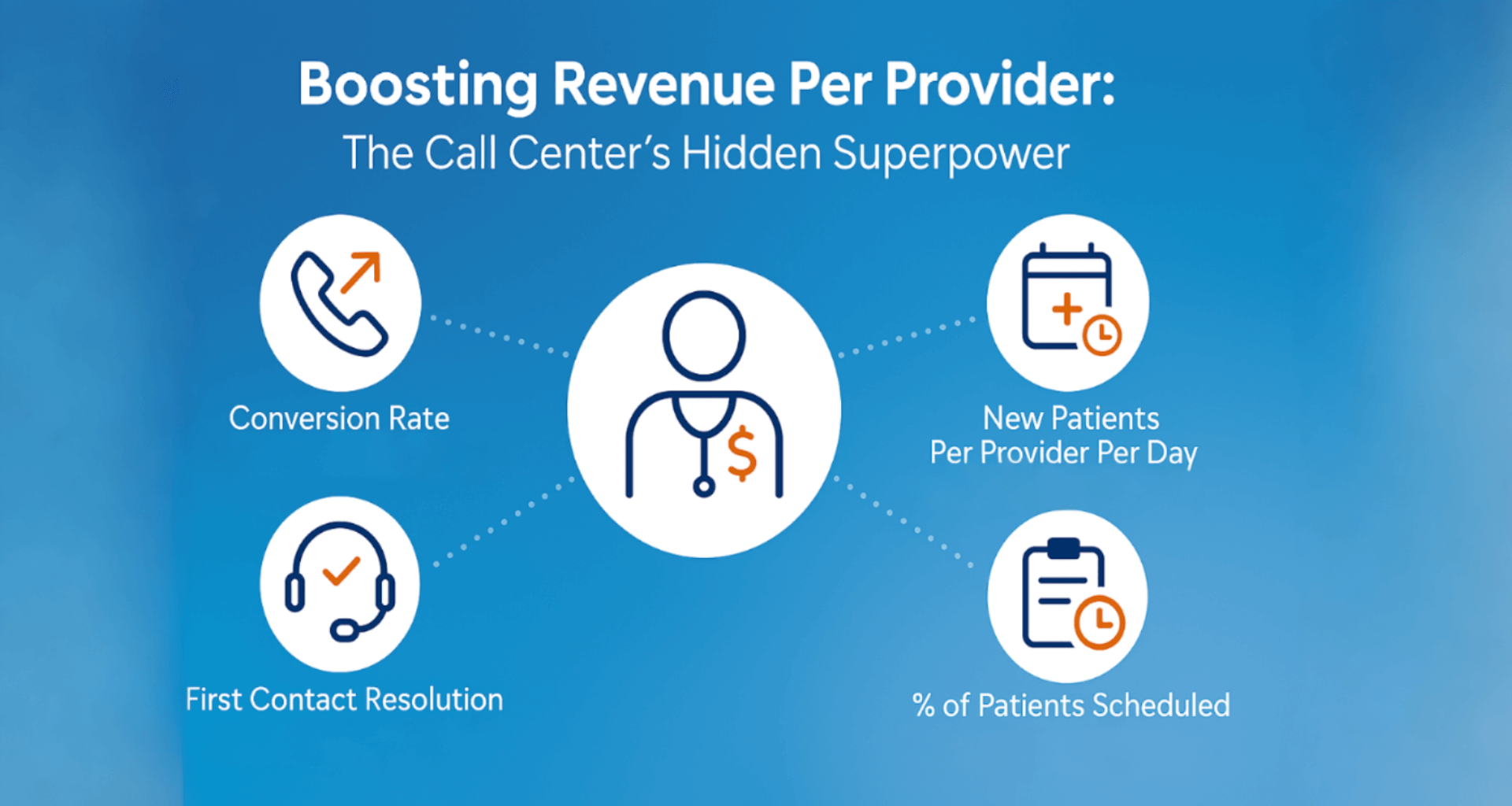
What is a CRM system in healthcare?
CRM stands for Customer Relationship Manager, a type of software used by businesses to administer services to their customers. In the healthcare industry, patients are the customers, and providers are the business.
Healthcare organizations and medical practices use healthcare CRMs to improve patient access, strengthen patient engagement, and enhance virtual care. Well-designed medical CRMs allow providers to easily administer telemedicine services to patients online. The term "healthcare CRM" is often used interchangeably with "telehealth software."
Telehealth software vs. telemedicine
There are differences between "telemedicine" and "telehealth software."
Telemedicine describes specific medical tools for remote treatment of patients, and it only applies to clinical services. Telemedicine allows doctors and nurses to provide clinical care and treatment to patients online and on their mobile devices. Video visits, digital triage, patient-provider secure messaging, and symptom screening are all examples of telemedicine.
Telehealth software, on the other hand, encompasses all of digital health, both remote clinical and nonclinical services: patient scheduling, healthcare marketing campaigns, call center automation, business intelligence, health education, and more.
In addition, doctors, nurses, and support staff can use telehealth software to communicate with each other, perform administrative tasks, and measure the success of their healthcare organization's goals and objectives.
In short, telemedicine is the clinical component of telehealth software. Telehealth software, also known as a healthcare CRM, is the entire digital health platform: clinical, operational, and commercial.
Holistic healthcare CRM software enables healthcare organizations to perform a variety of both clinical and non-clinical functions: patient care coordination, scheduling, digital marketing services, patient records management, video calls, patient outreach, and more.
What is the importance of healthcare CRM software for providers?
A cloud-based healthcare CRM is becoming an increasingly vital tool—a necessity, even—for medical providers and practices.
In today's online world, patients want instant access to telehealth services, just as they get e-commerce services from Amazon, or transportation services from Uber. This digital access doesn't just boost patient acquisition and patient retention—although it certainly does that—it also results in better clinical outcomes.
A holistic healthcare CRM solution, one that integrates with practice management software and electronic health records, is an essential component of modern patient care. Medical CRMs are vital for healthcare providers who want to remain competitive in today's digital world.
What are the top features of healthcare CRM software?
A well-designed healthcare CRM contains components that optimize health system workflows and ensure patients receive the best possible virtual care. These features include:
- HIPAA compliant messaging: A secure messaging system—one that allows patients and physicians to privately and easily communicate—is an essential feature of modern telehealth solutions.
- Virtual triage: The healthcare CRM automates many of the branching steps normally carried out by triage nurses. The software has built-in, HIPAA compliant clinical guidance, including Schmitt-Thompson protocols and Harvard Health Content, which can be used to create a personalized treatment plan for each patient.
- Intelligent symptom screening: The healthcare CRM contains an AI-powered symptom checker, which uses natural language processing to accurately and safely screen the patient's symptoms, then directs them to an in-person visit, a virtual waiting room, or an urgent care center.
- Healthcare campaigns: The telehealth software can carry out targeted patient outreach campaigns for annual visits, follow-up care, preventive medicine, and more. Appointment reminders, health news, and newly-launched service offerings can be sent directly to patients on their mobile device.
- Business intelligence: Running an effective digital health platform requires accurately measuring data in real-time so that the provider knows what services are working and what services need improvement. The healthcare CRM must offer comprehensive analytics, statistics, and data reporting. This allows key metrics to be precisely calculated, and changes to be made accordingly.
Combined, these features have enormous benefits for health systems:
What are the benefits of a healthcare CRM for providers & practices?
For health systems, the benefits of optimizing complex workflows and communications—and improving the patient and provider experience—by utilizing healthcare CRM software are immense:
- Better clinical outcomes: A healthcare CRM improves care—and thus increases the possibility of positive outcomes—by making it easier for patients to get the health service they need when they need it. Many patients avoid seeking care, or receive inadequate care, because of the complexity and hassle of health systems. An AI-powered telehealth platform simplifies this complexity by streamlining patient access to health service.
- Greater patient acquisition: By optimizing workflows for health professionals, a healthcare CRM empowers doctors, physicians, and nurses to focus entirely on patient care, rather than on navigating their own processes. And happy patients means more patients because, like any business, customers seek organizations that offer superior customer service.
- Enhanced safety: A HIPAA compliant healthcare CRM system improves safety for patients by using Artificial Intelligence to accurately screen symptoms, schedule the right appointments, and provide optimal health service. Safety is a vital component of any holistic telehealth solution.
- Provider satisfaction and buy-in: A sophisticated medical CRM improves the healthcare experience for physicians, who are able to focus entirely on practicing medicine rather than on administrative hassles. AI-powered telehealth software affords doctors the opportunity to control their schedules, a non-negotiable feature for most physicians.
- Improved patient retention: Because a healthcare CRM improves the provider experience, it also improves the patient experience. And happy patients are loyal patients.
- 30% more appointments: A healthcare CRM maximizes scheduling utilization and capacity, which means more appointments can be scheduled. Telehealth software also simplifies workflows for healthcare organizations and medical practices—and because of this super-charged efficiency—90% or more of all appointments can be booked online.
- Reduced call volume: Cutting-edge healthcare CRM software automates complex scheduling normally handled by in-person staff, which means a 40%-60% reduction in call volume for providers and practices.
What is the importance of a scalable telehealth platform for healthcare providers?
Cloud-based telehealth platforms are scalable and can adjust according to needs. Both the telehealth software vendor and the health system should have the flexibility to respond to new developments while also working to achieve their broader objectives.
Investing in a healthcare CRM is only the first step to building a mature telehealth system. Telehealth software sets healthcare providers, medical practices, and doctors on a positive path, but it is ultimately up to the healthcare organization to develop, improve, and refine their telehealth platform—which requires integration with current technology and adaptation to future technology.
Can a healthcare CRM system integrate with my existing technology & electronic health records?
As many providers would begrudgingly lament, the most annoying roadblock—and a primary reason some choose not to invest in a cloud-based telehealth platform—is that they believe, sometimes correctly, that the telehealth technology can't integrate with their current Practice Management (PM) and Electronic Medical Record (EHR) system.
But many healthcare CRM solutions can, in fact, successfully integrate with many EHR/PM systems. For a detailed analysis of which telehealth platform integrates most effectively with each Patient Records/Practice Management system, read our blog: "Best Patient Scheduling Software for Allscripts, Athenahealth, Cerner, Epic, & NextGen."
What is the best healthcare CRM software for my organization?
When choosing what specific telehealth platform to invest in, it's important to identify your organization's strengths and weaknesses. You should then select a brand that will strengthen those weaknesses; a brand that will help your organization achieve its long-term goals, whether that be increasing patient acquisition, ensuring provider satisfaction, boosting scheduling capacity, or enhancing patient safety.
And remember: For a healthcare CRM to improve the patient experience, it must first improve your staff's experience. Invest in a medical CRM that will optimize your organization's workflows—and great outcomes will follow.
Posted By

Peter Black is an author, consultant, and digital health expert based in Los Angeles. He received his master’s degree from UCLA.
Related Post
July 30, 2025
when patients call, they’re not just dialing a number—they’re reaching for help. and...
April 10, 2025
in healthcare, every interaction is a decision point—one that can impact outcomes,...




